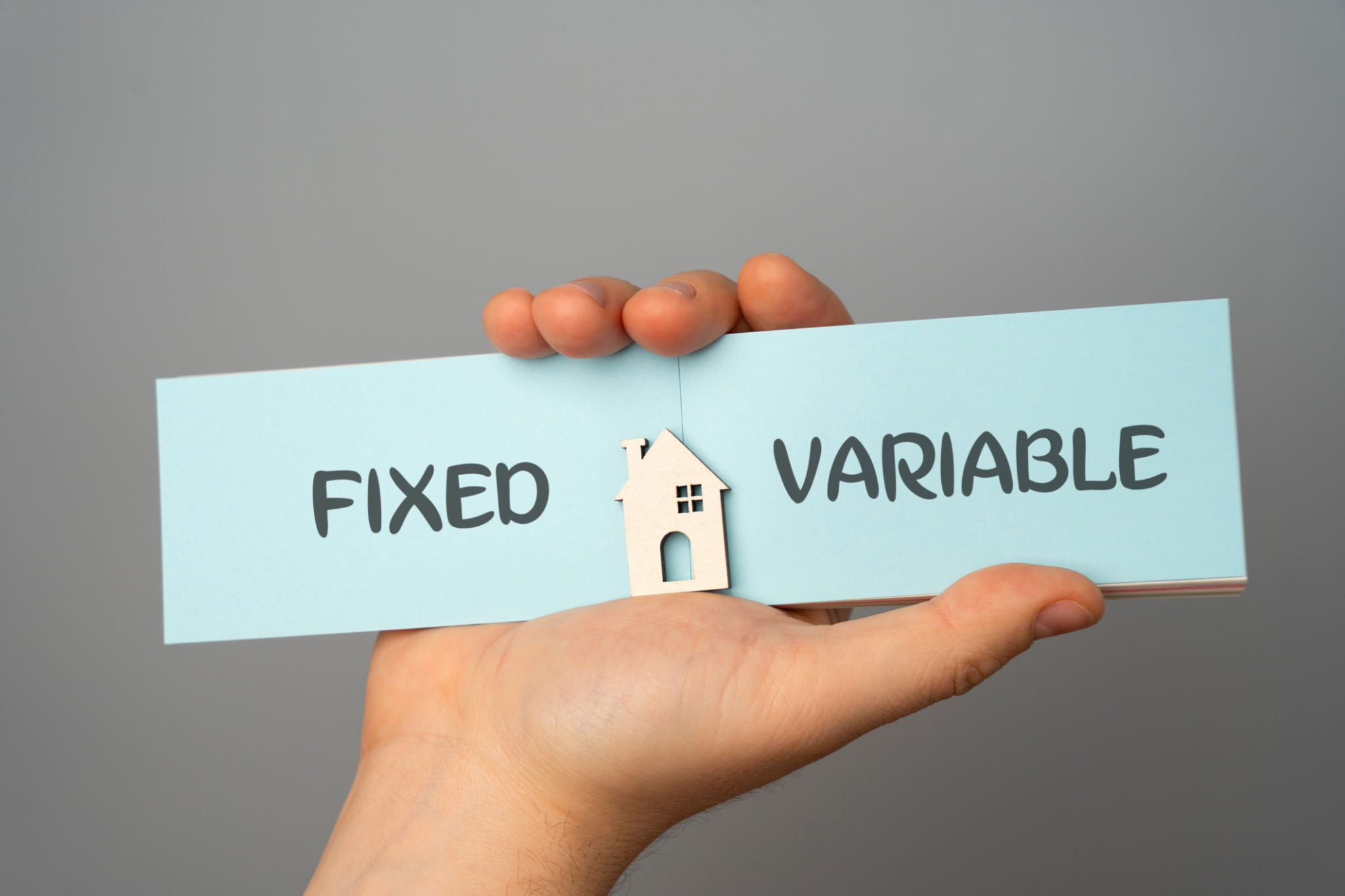Comparing Fixed-Rate vs. Variable-Rate Mortgages: Pros and Cons
Understanding Fixed-Rate Mortgages
When considering a mortgage, one of the most popular options is the fixed-rate mortgage. With this type of loan, the interest rate remains constant throughout the life of the loan. This means that monthly payments for principal and interest will not change, regardless of fluctuations in the broader economy.
The stability of a fixed-rate mortgage makes it an attractive option for many homebuyers, especially those who plan to stay in their home for a long period. The predictability of payments can make budgeting easier and provide peace of mind in knowing exactly what to expect each month.

Pros of Fixed-Rate Mortgages
There are several advantages to choosing a fixed-rate mortgage:
- Predictable Payments: With consistent monthly payments, budgeting is simplified.
- Long-term Stability: Protects against rising interest rates over time.
- Easy to Understand: The terms are straightforward, without surprises.
Cons of Fixed-Rate Mortgages
Despite their benefits, fixed-rate mortgages may not be ideal for everyone:
- Higher Initial Rates: Generally higher than initial rates for variable-rate mortgages.
- Less Flexibility: If interest rates fall, your rate remains unchanged unless you refinance.
Exploring Variable-Rate Mortgages
A variable-rate mortgage, also known as an adjustable-rate mortgage (ARM), features an interest rate that can change periodically based on market conditions. Typically, this type of mortgage begins with a lower interest rate compared to fixed-rate loans, making it appealing for those looking to minimize initial payments.
However, because variable rates fluctuate, there is an element of uncertainty involved. Borrowers may face higher payments if market interest rates increase over time.

Pros of Variable-Rate Mortgages
The potential benefits of a variable-rate mortgage include:
- Lower Initial Rates: Often starts with a lower rate compared to fixed-rate mortgages.
- Potential Savings: If market rates decrease, borrowers could enjoy lower payments.
- Short-Term Benefits: Ideal for homeowners planning to move or refinance within a few years.
Cons of Variable-Rate Mortgages
The drawbacks of this option should also be considered:
- Payment Uncertainty: Monthly payments can increase significantly if interest rates rise.
- Complexity: Terms and conditions can be more complicated than fixed-rate loans.
Making the Right Choice
The decision between a fixed-rate and variable-rate mortgage ultimately depends on your financial situation and long-term plans. If you value stability and plan to stay in your home for many years, a fixed-rate mortgage might be the better choice. On the other hand, if you are comfortable with some risk and anticipate moving or refinancing in the near future, a variable-rate mortgage could offer savings.

It’s important to carefully evaluate your financial goals and consult with a financial advisor or mortgage specialist who can provide personalized advice based on your unique circumstances. By understanding the pros and cons of each option, you can make an informed decision that aligns with your financial objectives.